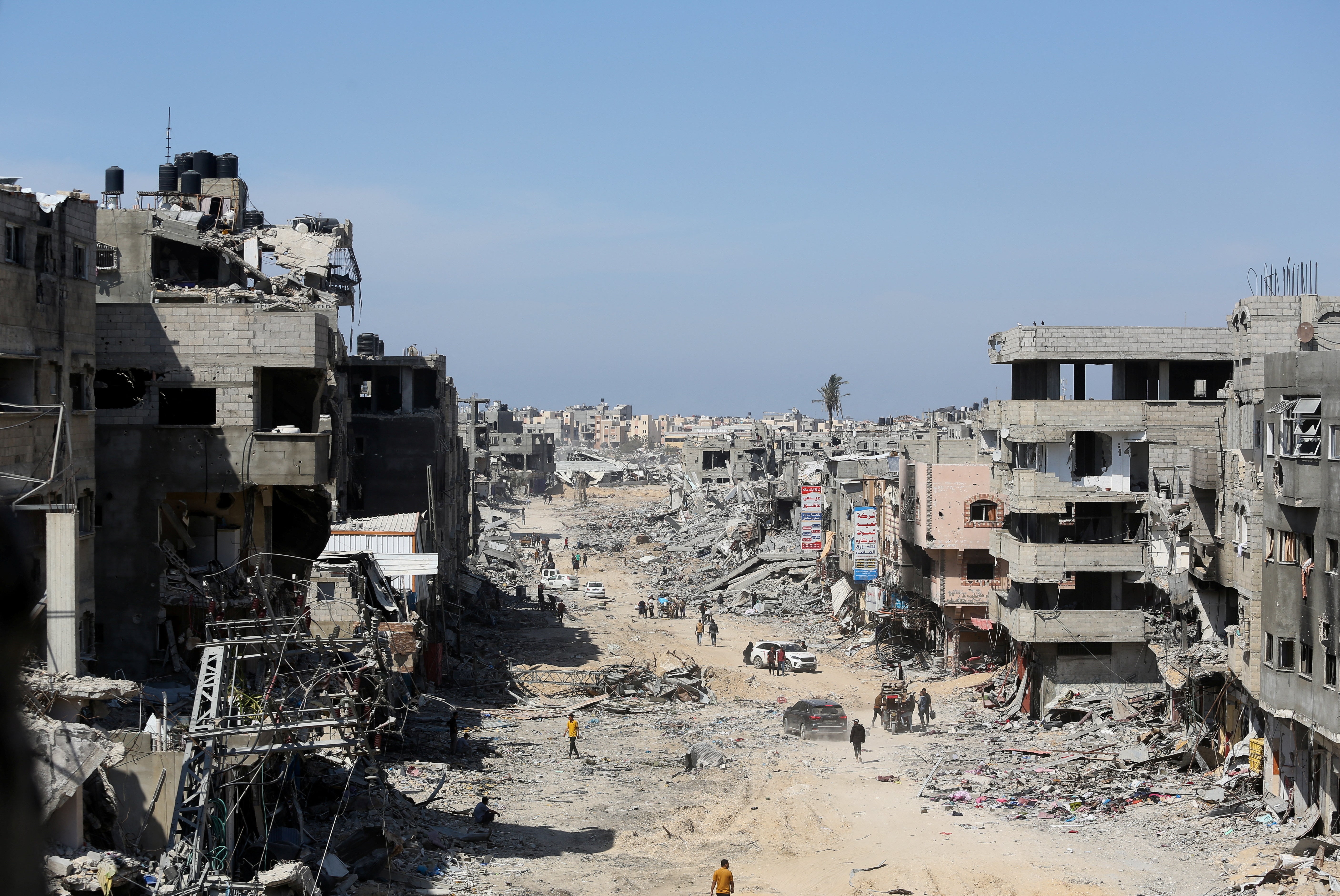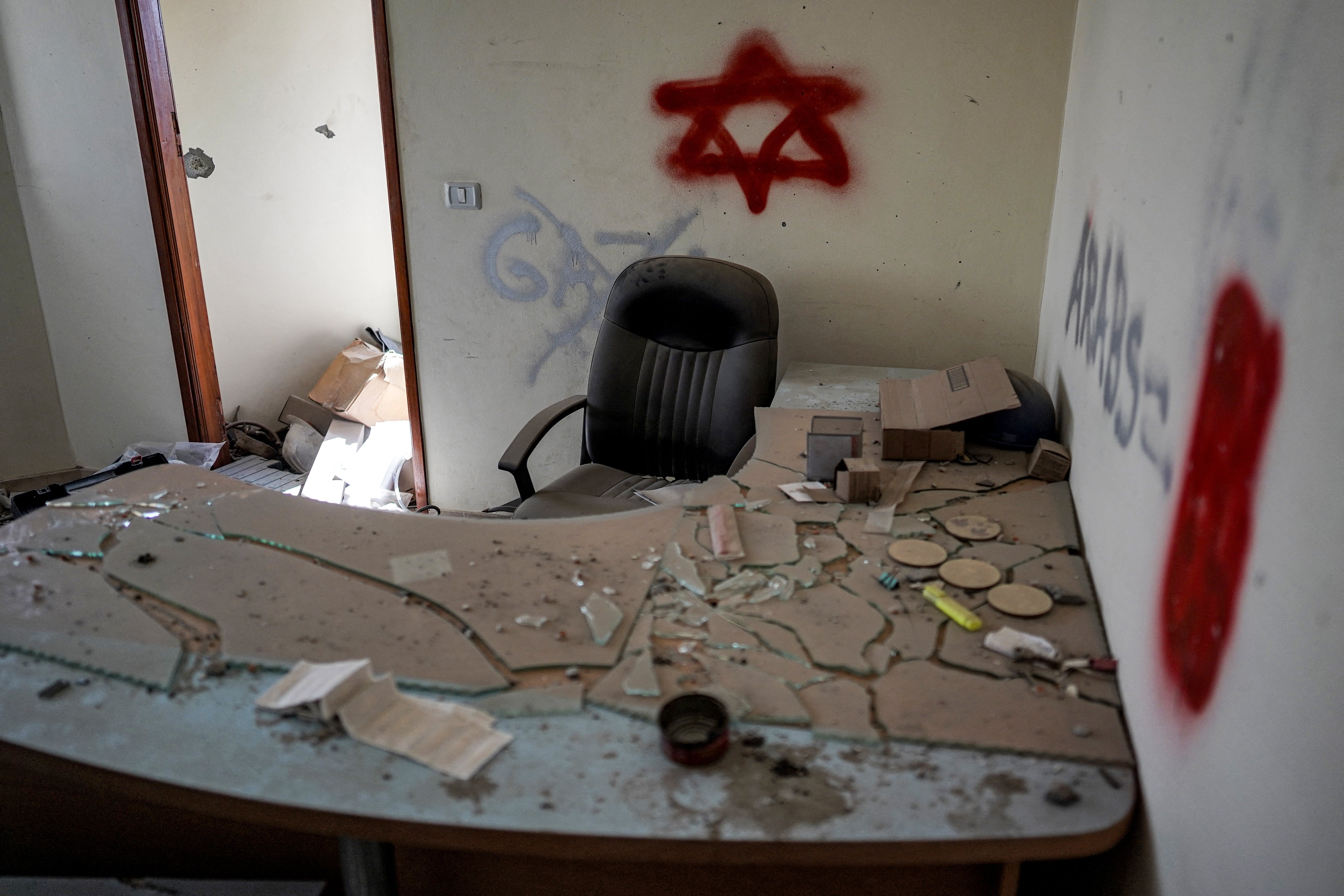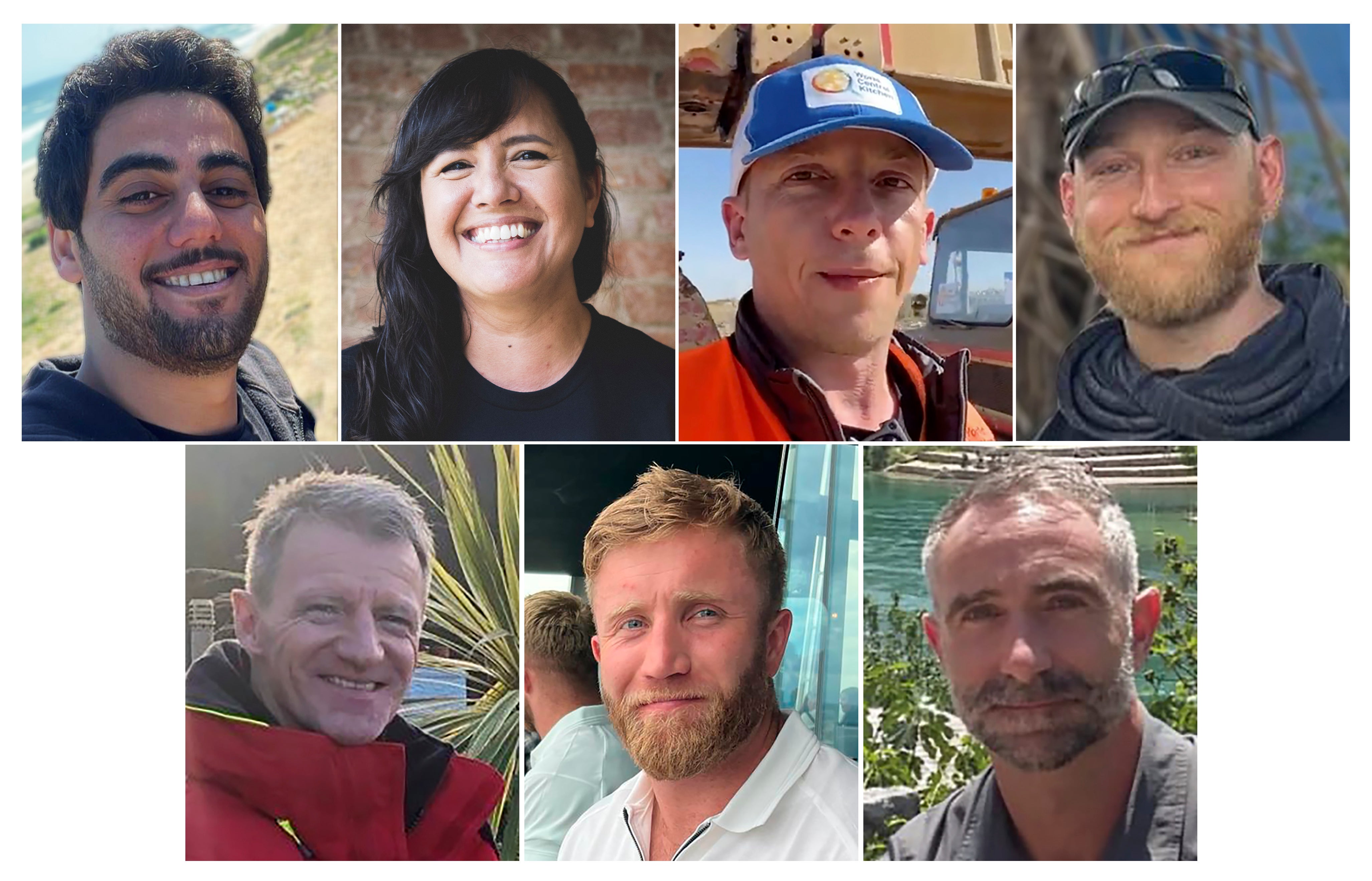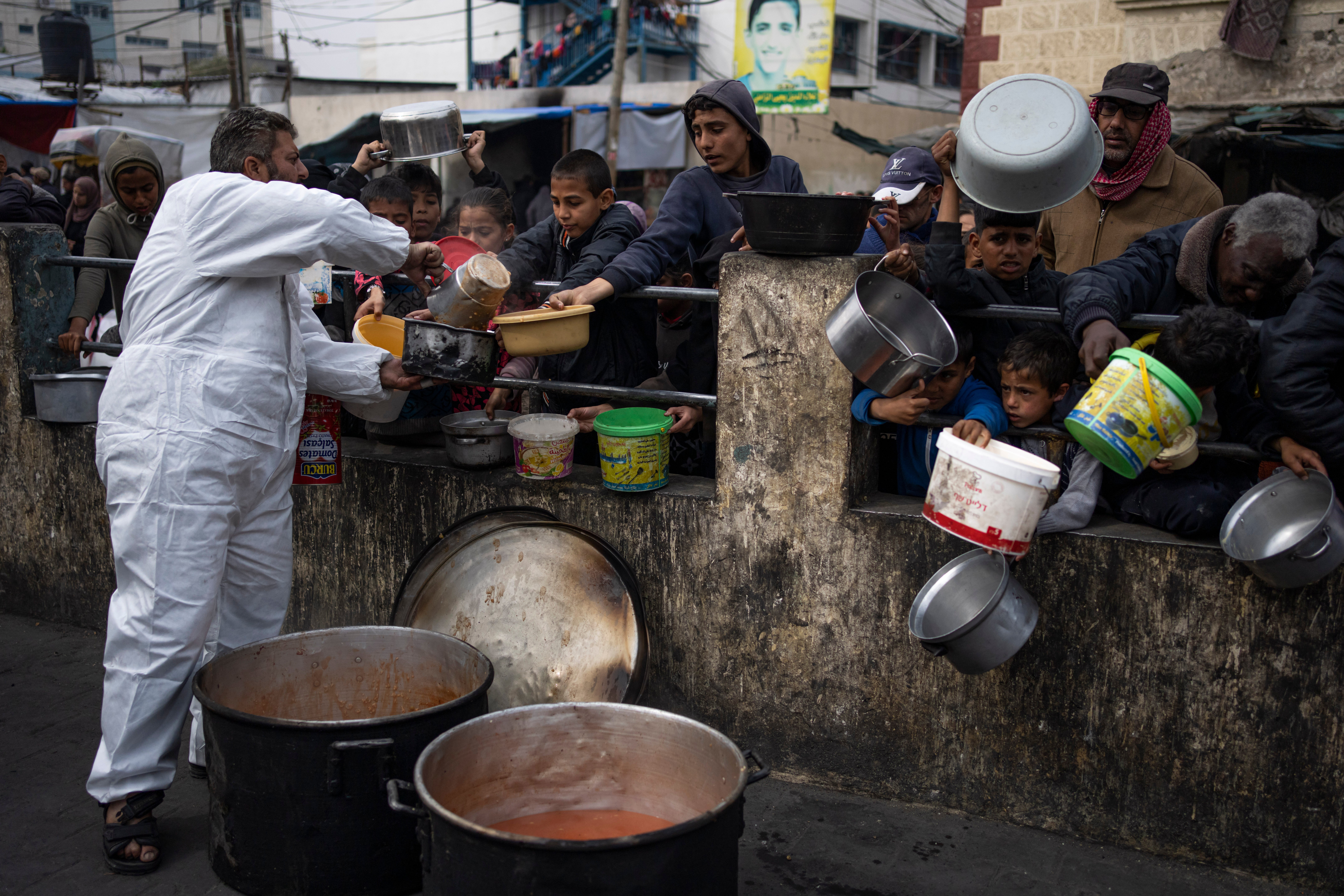Israel pulls out almost all ground troops from southern Gaza
Withdrawal comes exactly six months after Hamas launched its deadly attack on Israel on 7 October
Your support helps us to tell the story
From reproductive rights to climate change to Big Tech, The Independent is on the ground when the story is developing. Whether it's investigating the financials of Elon Musk's pro-Trump PAC or producing our latest documentary, 'The A Word', which shines a light on the American women fighting for reproductive rights, we know how important it is to parse out the facts from the messaging.
At such a critical moment in US history, we need reporters on the ground. Your donation allows us to keep sending journalists to speak to both sides of the story.
The Independent is trusted by Americans across the entire political spectrum. And unlike many other quality news outlets, we choose not to lock Americans out of our reporting and analysis with paywalls. We believe quality journalism should be available to everyone, paid for by those who can afford it.
Your support makes all the difference.Israel has withdrawn most ground troops from southern Gaza exactly six months after the start of its offensive in the wake of the 7 October Hamas attack.
A single brigade was left in Khan Younis tasked with securing the “Netzarim corridor” that divides the Gaza Strip, according to local reports.
It was unclear whether the withdrawal would delay a long-threatened incursion into the southern city of Rafah, which Israel’s president, Benjamin Netanyahu, says is needed to eliminate Hamas.
It comes as pressure has been mounting on Britain to suspend arms sales to Israel after seven aid workers – including three Britons – were killed by the Israeli military.

The UK’s deputy prime minister Oliver Dowden told Sky News Israel had made “big mistakes” during the conflict and the UK was holding them to a “very high standard”.
Mr Dowden insisted Britain was not giving Mr Netanyahu “carte blanche” and was having “robust conversations” with Israel.
He also said any halt in sales was a decision for business secretary Kemi Badenoch, on the advice of foreign secretary David Cameron, and he had “not changed his advice” yet.
However, Lord Cameron warned that British support for Israel was not unconditional and that Palestinians in Gaza were on the brink of famine.
He said the situation in Gaza is “dire” and “the prospect of famine is real” as a Royal Navy ship was deployed to help supply “life-saving aid” to the strip.
“Of course our backing is not unconditional: we expect such a proud and successful democracy to abide by international humanitarian law, even when challenged in this way. As an occupying power, Israel has a responsibility to the people of Gaza,” he wrote in The Sunday Times.
Israel had planned a ground invasion of Rafah, claiming the southern Gaza city, near the border with Egypt, is a hive of Hamas’s remaining strongholds.

But Rafah has become the last refuge for more than a million Palestinians sheltering from Israeli bombing elsewhere. The UN has warned an assault on the city would lead to a “slaughter”.
Following the withdrawal of troops, Israeli government spokesperson, Avi Hyman, said Mr Netanyahu would “absolutely” go ahead with a ground invasion of Rafah. “If we don’t go ahead with [invading] Rafah, we lose the war,” he added.
The White House claimed the withdrawal was likely so troops could “rest and refit” rather than a move towards a new operation. “They’ve been on the ground for four months, the word we’re getting is they’re tired,” National Security Council spokesperson John Kirby told ABC.
But a senior Israeli government source told Sky News the withdrawal was probably linked to ongoing negotiations with Hamas over Israeli, hostages, with Mr Netanyahu “desperate” for a deal. Talks had been due to resume in Cairo on Sunday.

Pictures from Khan Younis on Sunday showed some Palestinians returning to a landscape marked by shattered multistorey buildings and climbing over debris to explore crumbled, dusty remains. Cars were overturned and charred.
Up to 33,137 Palestinians have been killed in Gaza since 7 October, according to the Hamas-run health authority.
It does not distinguish between civilian and combatant deaths, but claims women and children have made up around two-thirds of those killed.
Meanwhile, the Israeli military said on Sunday that it had completed another step in preparing for a possible war along its northern front, where it has been trading fire with Hezbollah for six months.

It earlier launched airstrikes on eastern Lebanon and hit Hezbollah infrastructure sites after the Iranian-backed group downed an Israeli drone.
Hezbollah said it fired dozens of Katyusha rockets that hit an air defence base in the occupied Golan Heights.
Israeli shelling has killed around 270 Hezbollah fighters and around 50 civilians, security sources say, and displaced some 90,000 people in southern Lebanon. On the other side, around 60,000 Israelis have been uprooted from the country’s northern border area, and 18 people – civilians and soldiers – have been killed on the Israeli side of the border, according to Israeli tallies.

Join our commenting forum
Join thought-provoking conversations, follow other Independent readers and see their replies
Comments